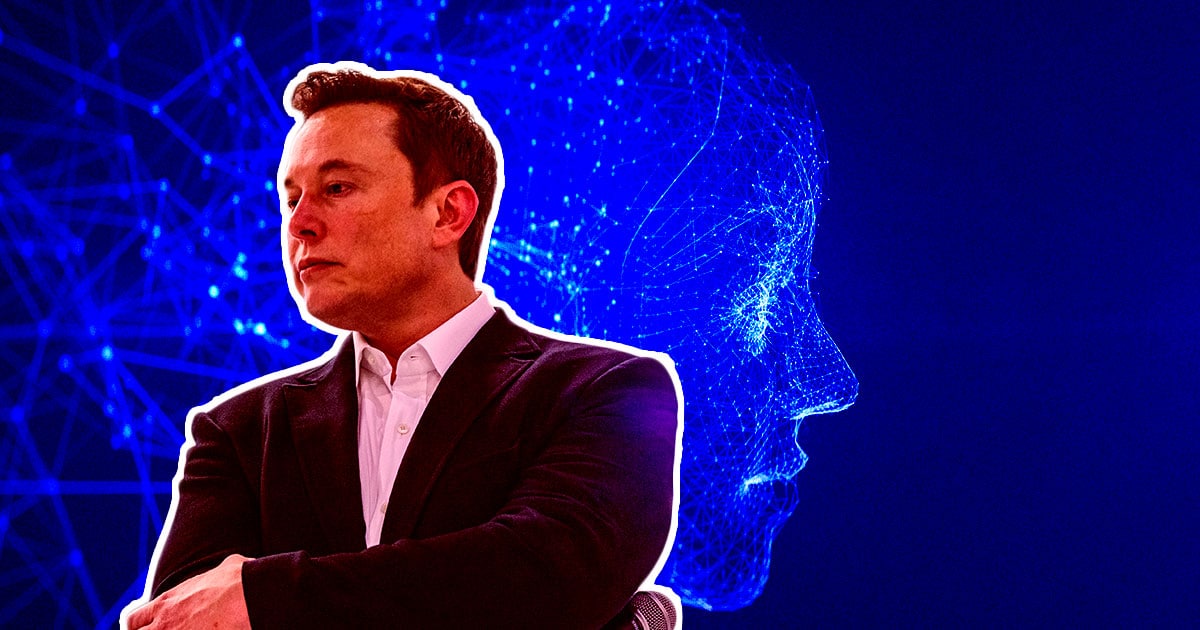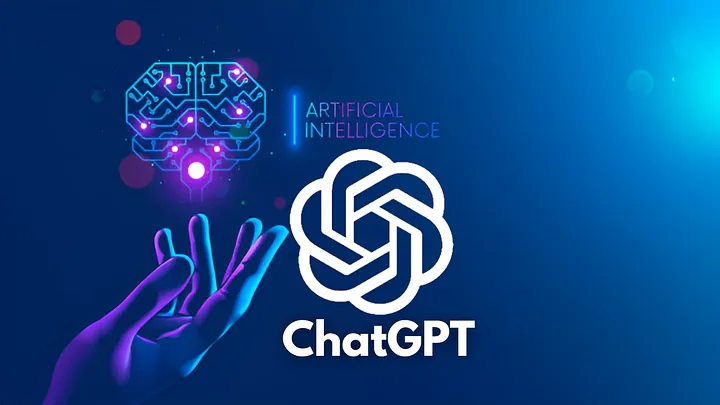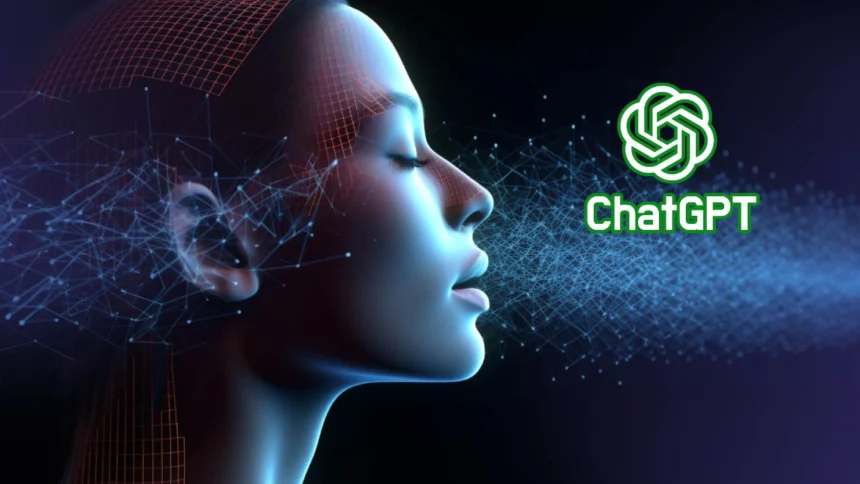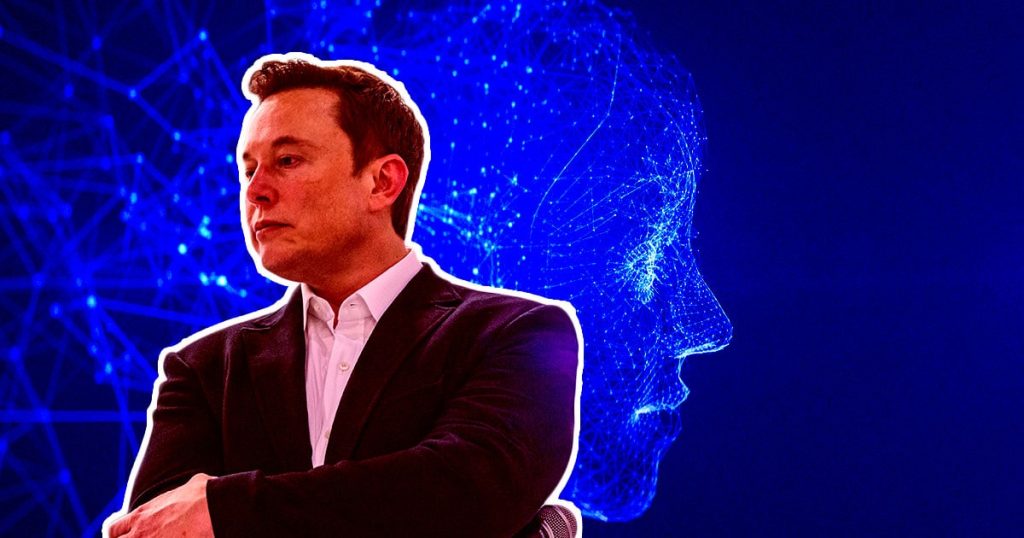
OpenAI has countered Elon Musk’s lawsuit, stating that he once sought “absolute control” over the company by proposing a merger with Tesla.
In a Tuesday blog post, OpenAI announced its intention to seek dismissal of “all of Elon’s claims” and provided a contrasting perspective to his allegations that the company strayed from its nonprofit origins.
In the blog post written by OpenAI co-founders Greg Brockman, Ilya Sutskever, John Schulman, Sam Altman, and Wojciech Zaremba, they claim that during discussions about adopting a for-profit model to advance their mission, Elon Musk proposed a merger with Tesla or demanded complete control. This control meant having the majority stake, initial board dominance, and the CEO position. The co-founders stated that they rejected Musk’s terms as they believed giving one individual total control over OpenAI contradicted their mission.
Musk’s lawsuit accuses OpenAI of transforming into a “closed-source de facto subsidiary” of Microsoft, prioritizing profit over humanitarian benefits. He argues that this shift represents a departure from the nonprofit ideals he initially supported with his funding.
Musk considers this situation as a violation of a contract. Although his complaint references an “OpenAI founding agreement,” such an agreement has not been disclosed publicly. Furthermore, OpenAI’s blog post did not directly tackle the issue of whether such an agreement actually exists.
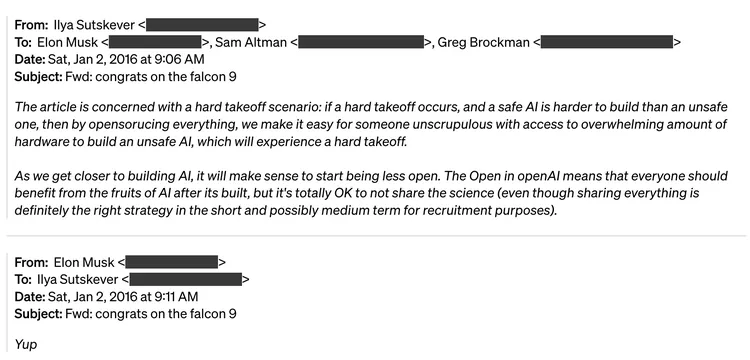
OpenAI justified its decision not to open-source its work by stating, “Elon understood that the mission did not necessitate open-sourcing AGI,” referencing artificial general intelligence in their post. They highlighted a January 2016 email exchange where Ilya Sutskever mentioned, “as we approach the creation of AI, becoming less open will be sensible,” and affirmed that withholding scientific findings is acceptable. Musk’s response to this was simply, “Yup.”
Musk’s lawsuit also contains other confounding accusations, such as labeling GPT-4 as “a de facto Microsoft proprietary algorithm” that embodies artificial general intelligence. While OpenAI refuted these claims in an internal memo, they chose not to address them in their public blog post on Tuesday.
